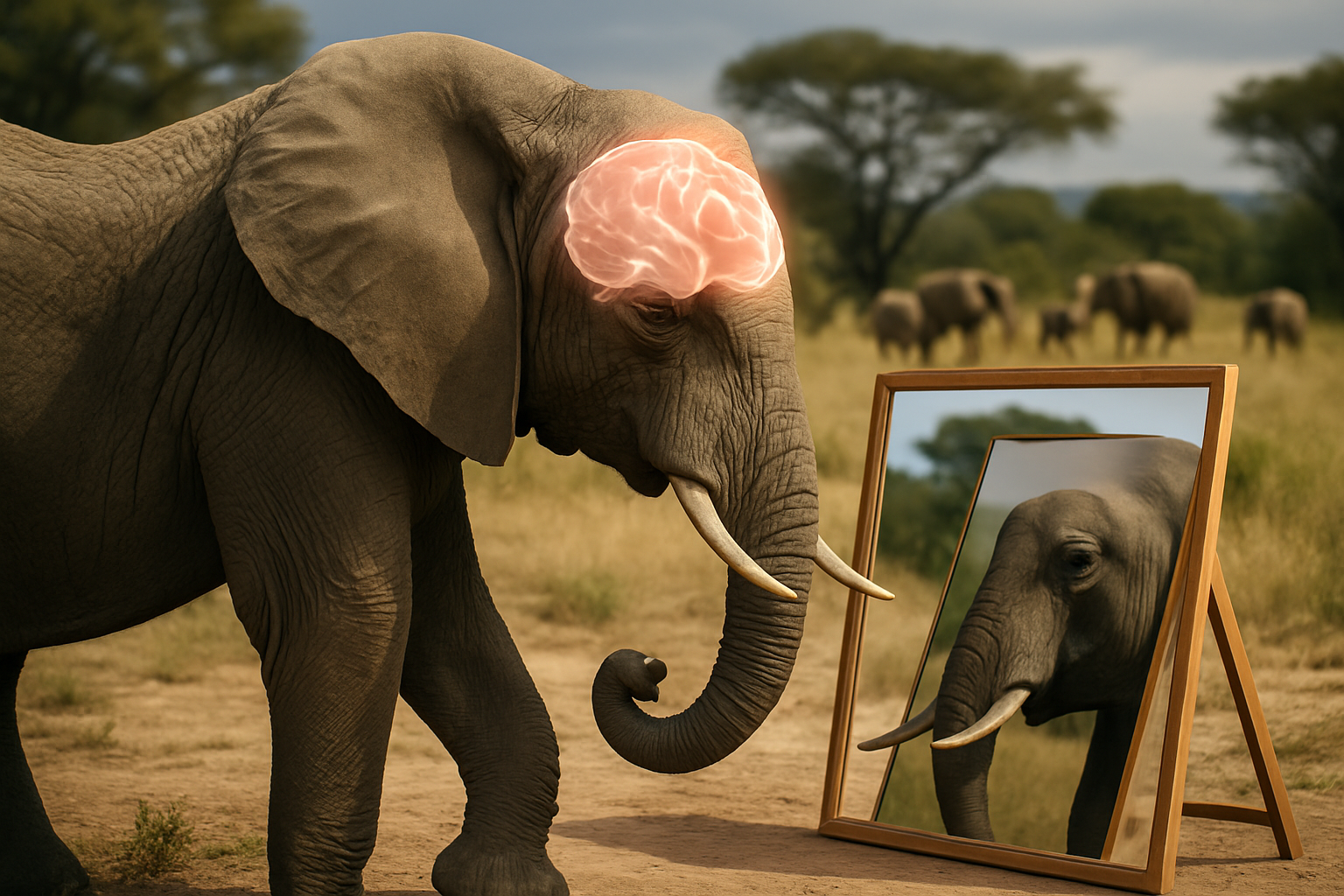Unraveling the Enigma of Elephant Empathy
Elephants, known for their intelligence and social complexity, have long fascinated researchers and animal lovers alike. But recent studies have shed new light on a remarkable aspect of elephant behavior: their capacity for empathy. This article delves into the fascinating world of elephant emotions, exploring how these gentle giants demonstrate compassion and understanding towards their own kind and even other species.

The Foundations of Elephant Empathy
Elephants are highly social creatures with complex familial structures. Their capacity for empathy is believed to stem from their evolutionary need to maintain strong social bonds within their herds. This emotional intelligence likely developed as a survival mechanism, allowing elephants to cooperate effectively and protect vulnerable members of their group.
Research has shown that elephants possess large von Economo neurons, which are associated with empathy and social awareness in humans. These specialized brain cells may contribute to elephants’ ability to recognize and respond to the emotional states of others.
Comforting Behaviors in Elephant Herds
One of the most striking examples of elephant empathy is their tendency to comfort distressed herd members. When an elephant is upset or injured, others in the group will often gather around, using their trunks to stroke and caress the affected individual. This behavior is reminiscent of human hugging and has been observed in both wild and captive elephant populations.
Researchers have documented cases where elephants have attempted to help injured or dying members of their herd. In some instances, they’ve been seen trying to lift fallen companions or standing guard over them for extended periods.
Mourning and Death Rituals
Perhaps the most poignant demonstration of elephant empathy is their response to death. Elephants have been observed engaging in what appears to be mourning behavior when encountering the remains of their own species. They may spend hours or even days with the body of a deceased elephant, touching it gently with their trunks and sometimes attempting to bury it with leaves and branches.
This behavior extends beyond their own species. There have been reports of elephants showing similar responses to deceased humans, suggesting a level of cross-species empathy that is rare in the animal kingdom.
Cross-Species Empathy and Altruism
Remarkably, elephants have demonstrated empathetic behaviors towards other species as well. There are documented cases of elephants coming to the aid of other animals, including humans, in distress. One famous example involved an elephant herd in Kenya that adopted an orphaned baby hippo, caring for it as if it were one of their own.
These instances of cross-species altruism challenge traditional views of animal behavior and suggest a level of emotional sophistication that was once thought to be uniquely human.
Implications for Conservation and Animal Welfare
Understanding elephant empathy has significant implications for conservation efforts and animal welfare practices. Recognizing the emotional depth of these animals underscores the importance of protecting their habitats and preserving their social structures.
In captive environments, this knowledge has led to changes in elephant management practices. Zoos and sanctuaries are increasingly focusing on providing environments that allow elephants to form and maintain social bonds, acknowledging the critical role that these relationships play in elephant well-being.
The Future of Elephant Empathy Research
As our understanding of elephant empathy grows, so too does the potential for further discoveries. Ongoing research is exploring the neurological basis of elephant emotions, the extent of their self-awareness, and the possibility that they may even have a concept of death.
These studies not only enhance our appreciation of elephants but also contribute to broader discussions about animal consciousness and the ethical treatment of intelligent species. As we continue to unravel the enigma of elephant empathy, we may find ourselves reevaluating our relationship with the animal kingdom as a whole.
The study of elephant empathy offers a window into the emotional lives of these magnificent creatures. It challenges us to expand our understanding of animal intelligence and reminds us of the deep connections that can exist between species. As we face a future where elephant populations are increasingly threatened, recognizing and valuing their emotional complexity becomes not just a scientific pursuit, but a moral imperative.






